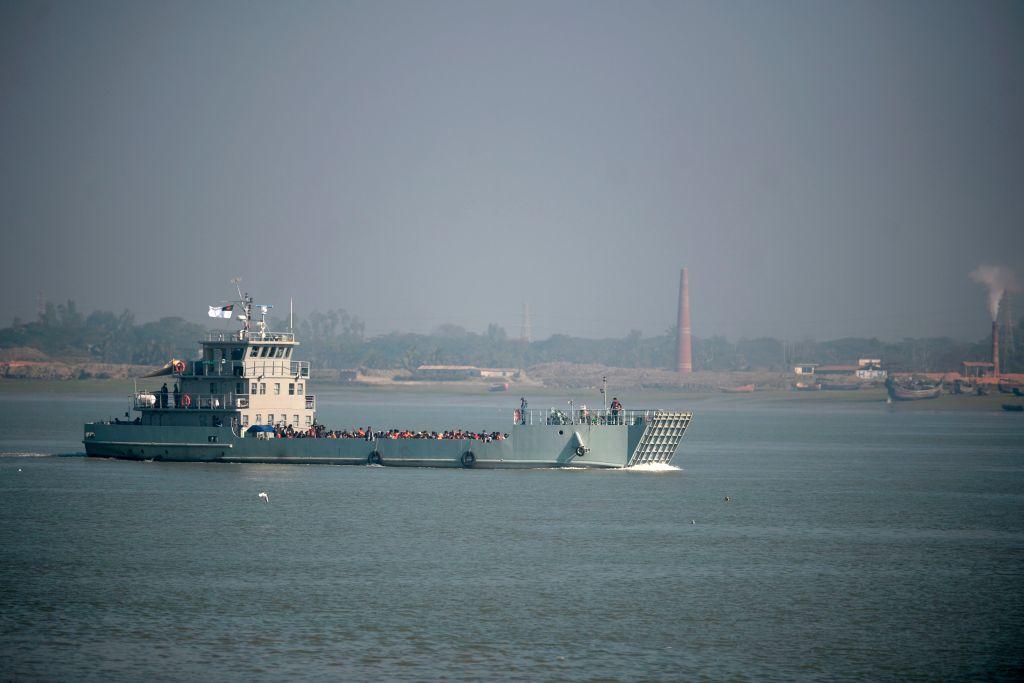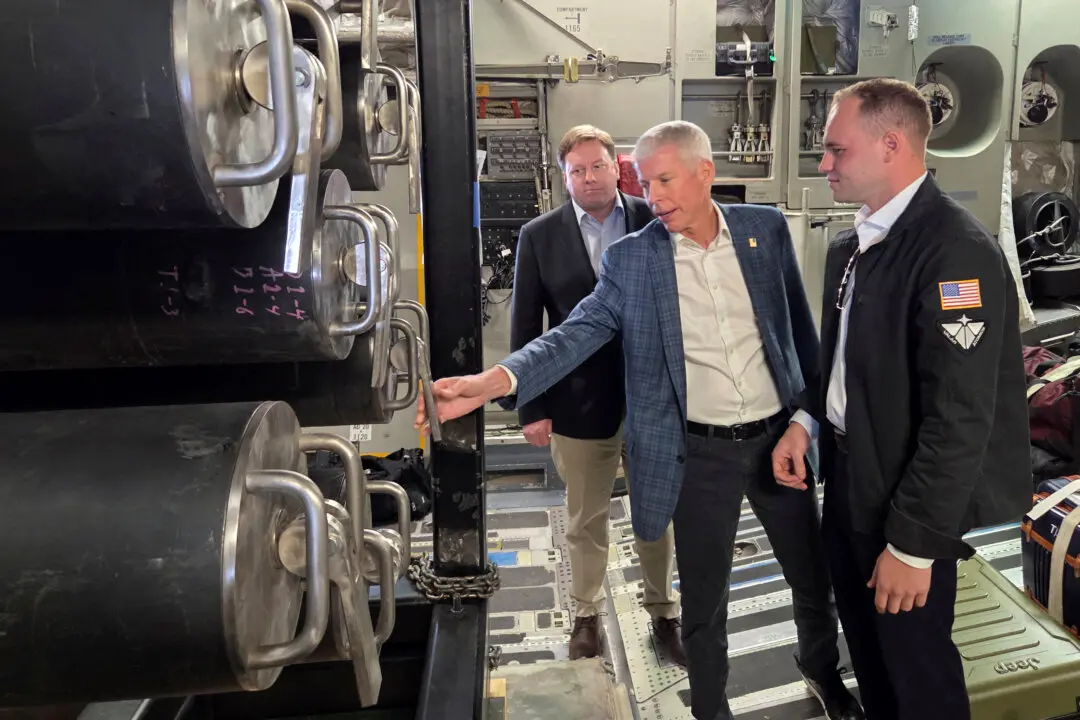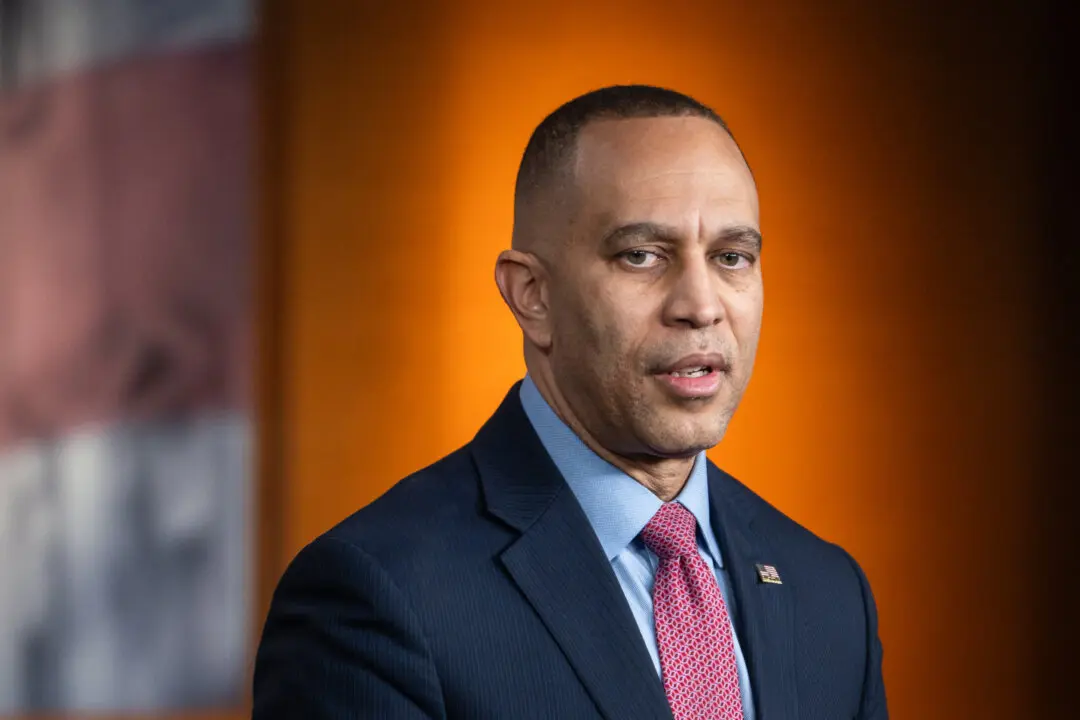A leaked email obtained by the Myanmar Accountability Project (MAP) has revealed that United Nations boats have been used to transport Burmese military junta officials to Bangladesh, with U.N. markings removed from the boats beforehand.
The leaked email, which was seen by The Epoch Times, was sent by U.N. resident coordinator in Burma (also known as Myanmar) Ramanathan Balakrishnan to members of the U.N. country team on March 16.





